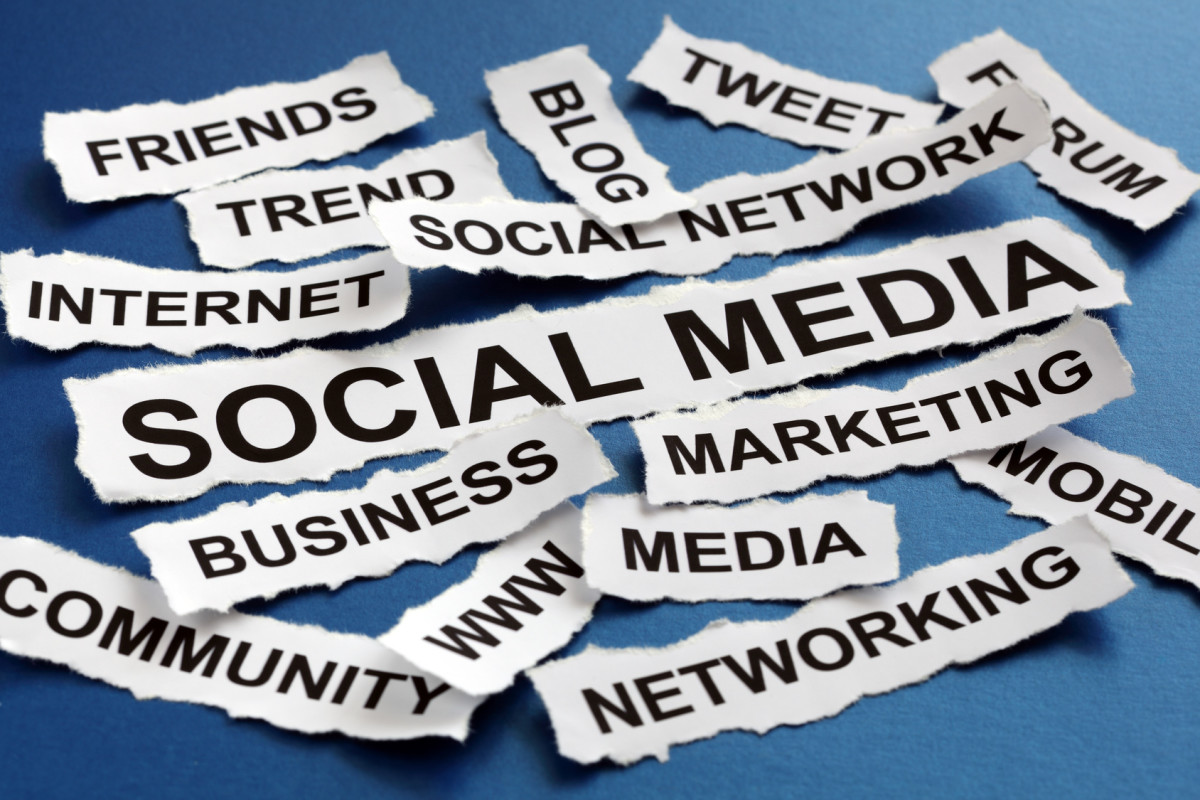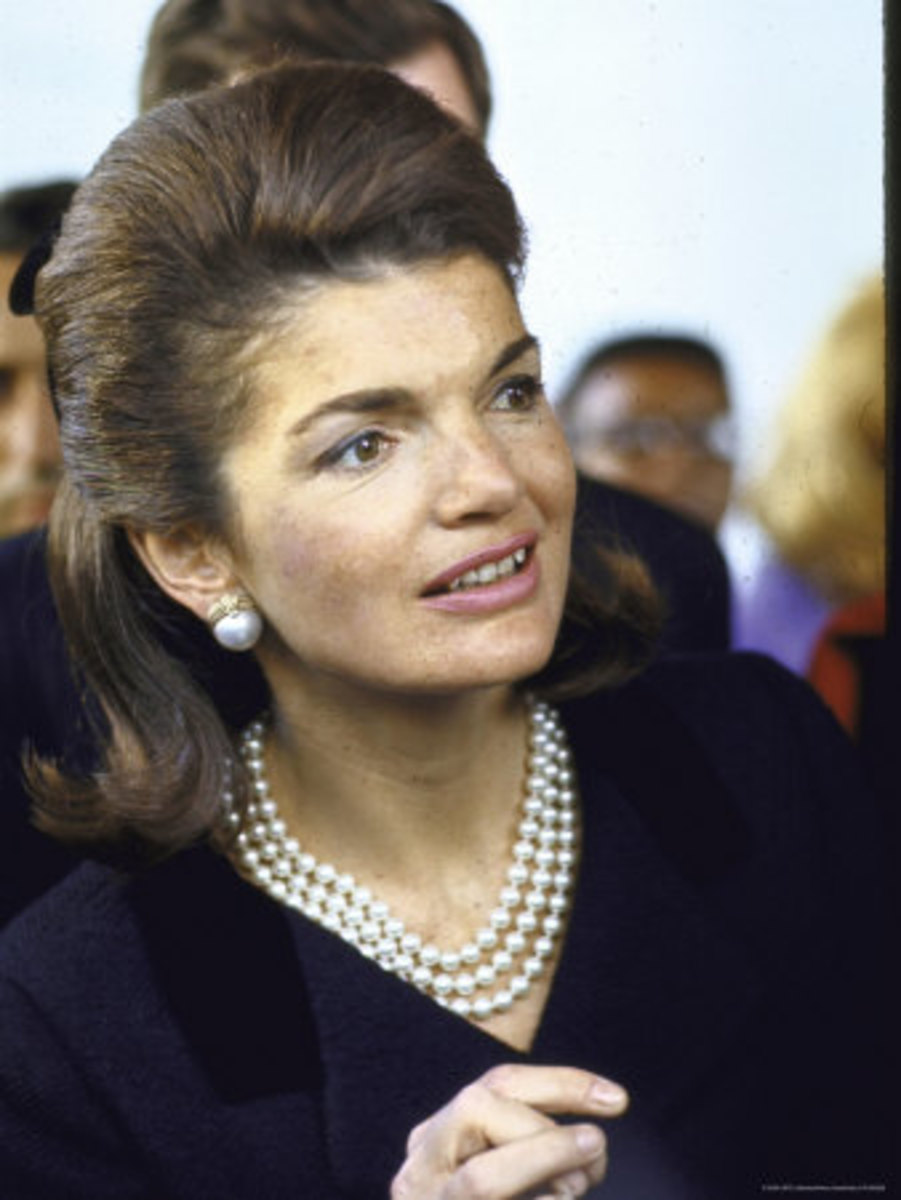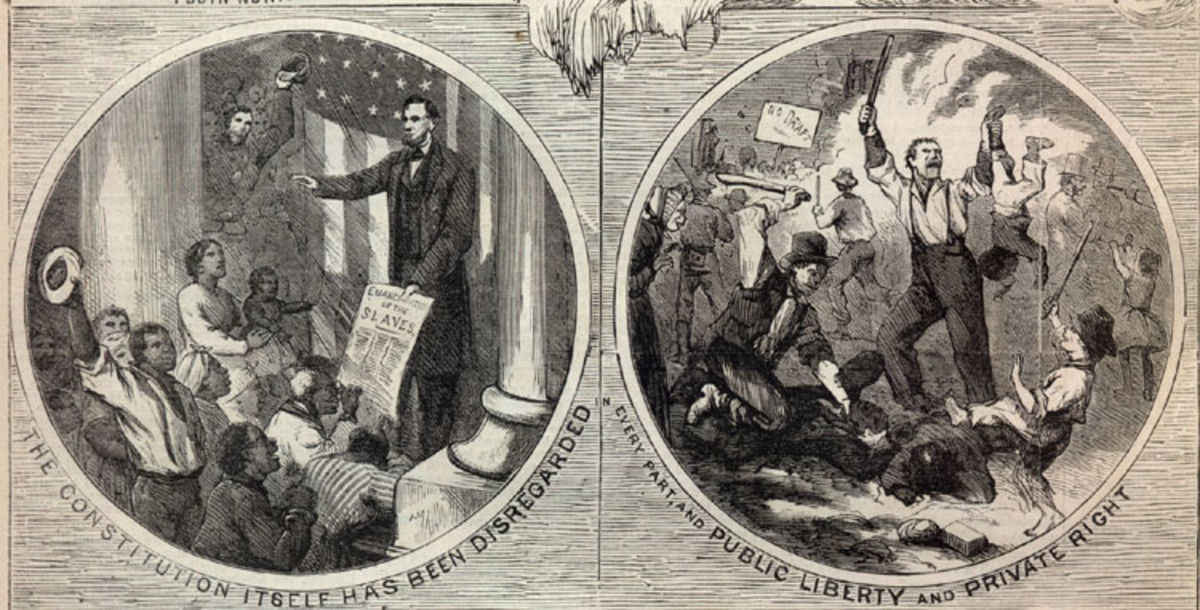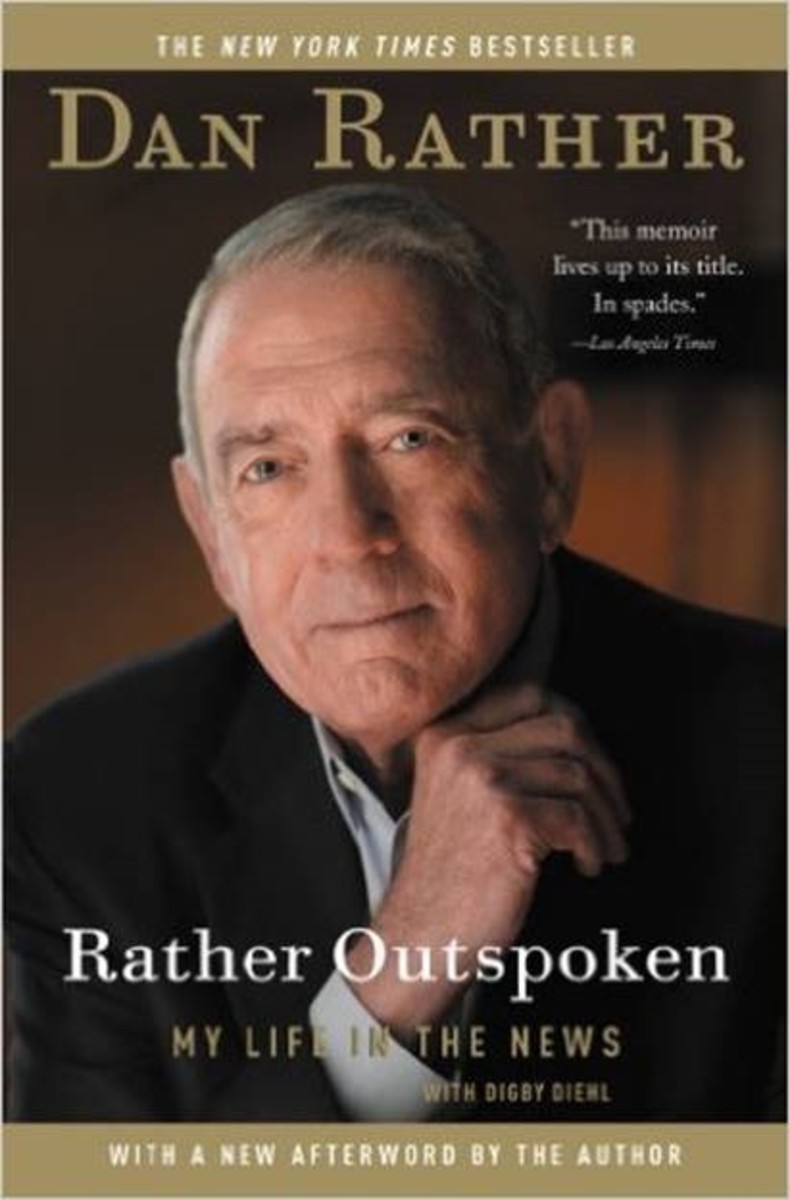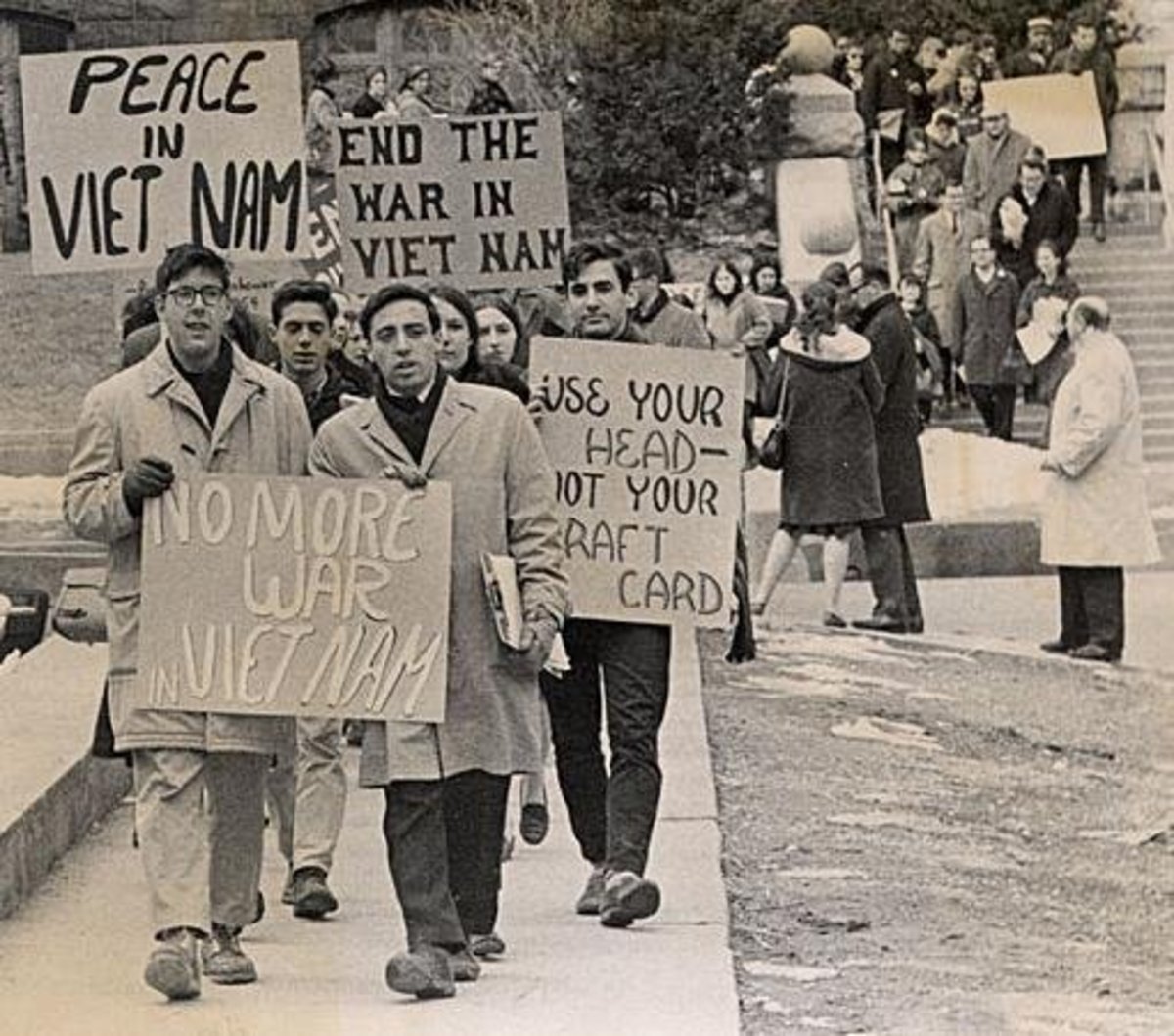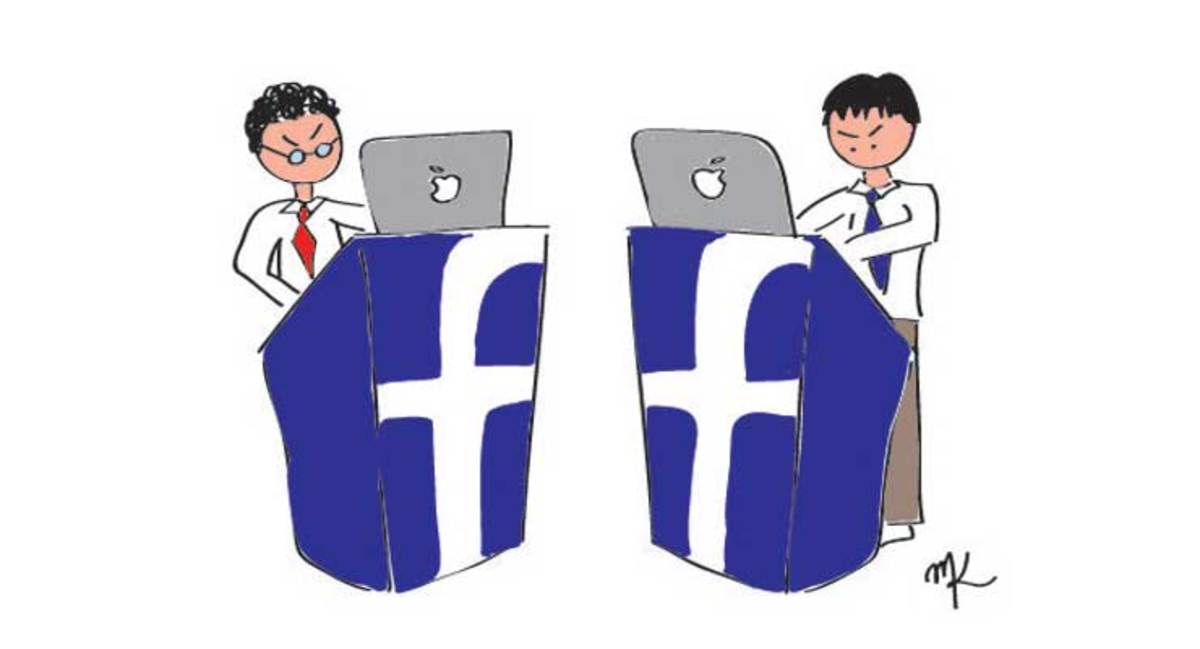Objectivity in the News - Where Did It Go?
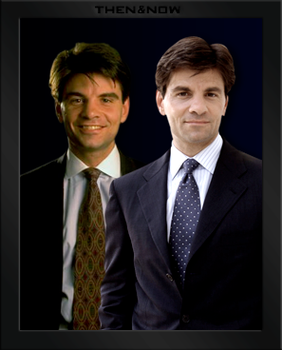
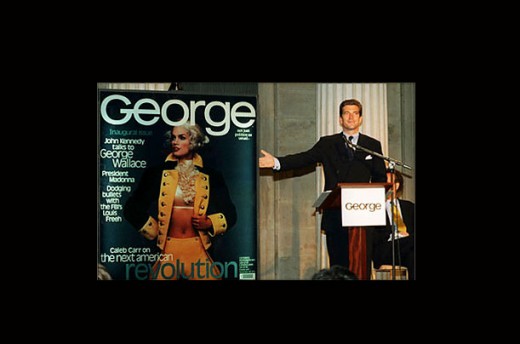
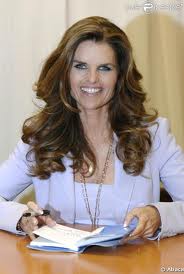
Can anyone be a journalist?
What do George Stephanopoulos, Maria Shriver, and the late John Kennedy JR. have in common? They are all public figures who went into the world of journalism.
We could debate all day the pros and cons of famous people entering a field in which the premiere qualifier is the ability to be (or at least appear to be) objective. Fair and balanced, if you will. Tell both sides of the story without passion or prejudice. But truth be told, I only have a problem with one of them.
Maria Shriver was born into political royalty. American politics is for all intents and purposes the family business. She had three uncles. One was a president, now enshrined in perpetuity, Another was a former attorney general in his brother’s cabinet who was assassinated while seeking the office of president himself. The third was a U.S. senator for almost his entire adult life. All three of these men were the sons of an enormously wealthy man who made it clear as early as the 1940s that he intended to put one of his boys in the White House. Maria's father was even a vice presidential candidate in 1972. Shriver and Kennedy are synonymous with the Democratic Party to anyone is this country above the age of thirty.
Maria began her journalism career as many others have, at a local television station, KYW-TV in Philadelphia, paying her dues for five years as a news writer and segment producer. She came to KYW in 1977 with a Georgetown University degree in American studies. Her only experience in the field consisted of sitting with the press corps on her uncle’s campaign plane. She later said it was the best thing that ever happened to her. In 1983 she made the leap to the national networks beginning with CBS. In 1986 she moved to NBC rising to the level of NBC News correspondent doing specials of her own by 1990 interviewing the likes of Fidel Castro and Sarah Ferguson, at the time the Duchess of York.
In August 2003, Maria took an unpaid leave of absence from NBC News when her husband became a candidate in the 2003 California gubernatorial recall election. Following his inauguration as the 38th Governor of California, she returned to reporting, making two more appearances for Dateline NBC. In February 2004 Maria asked to be relieved of her duties at NBC News. Her reason was concerns the network had over the conflict of interest between her role as a journalist and her status as the First Lady of California - an advocate of her husband's administration.
None of her network bosses had been concerned that she had volunteered for her father’s campaign to be the second highest elected official in the country. No one cared she had a history of contributions to political campaigns totaling $22,000 primarily to family members dating back to her Uncle Ted Kennedy’s failed run for president in 1980. Granted, most donations were no more than $1,000 as limited by law. The concern might have centered around so many of her close relatives being in or seeking public office. None of that troubled anyone. But as a governor’s wife, those bosses had concerns. And they should have.
By any professional standard, Maria Shriver had as much right to pursue a career in journalism as anyone else. She never ran for a public office, never played an influential role in policy making, and never covered a story concerning any of her relations. While her family name certainly opened doors for her, she proved herself more than capable of walking through those doors, doing the work, and earning her place on the pyramid of television news. I think she used poor judgment thinking she could continue her career after becoming the spouse of a sitting governor, but that issue was settled in short order. She has not returned to that career now that her husband’s term has expired. I don’t think she should. Her objectivity was suspect all along because of the family she came from and their ties to the Democratic Party. Once she became the wife of the governor of a state, she removed all doubt as to where her loyalties lay.
John F. Kennedy, Jr. was sixteen days old when his father was elected the 35th president of the United States. He shared the same family connections, even more closely, as his first cousin, Maria. After a brief career in the Manhattan District Attorney’s office following law school, he launched the “not politics as usual” magazine, George, in 1995. It folded in 2001 after his death two years earlier.
There was much speculation that this “prince of American politics” would someday follow family tradition, throw his hat in the ring, and run for office. But in his too-short lifetime he followed his mother’s professional path to journalism instead of his father’s into public service. Still, by choosing a publication that dealt with the political arena (even tongue-in-cheek putting celebrities on each cover dressed as the nation's first President) John Jr. achieved a blending of his parents’ individual forte.
Like waving a red flag at a raging bull, he did put himself in the political spotlight in 1988 by introducing his uncle, Senator Edward M. "Ted" Kennedy of Massachusetts, at the Democratic National Convention in Atlanta. Following his mother’s death in 1994, John had come under intense political pressure to run for office. New York Democrats urged him to run for seats vacated by Rep. Ted Weiss and Senator Daniel Patrick Moynihan. One private poll during this period had JFK Jr. at a 65 percent approval rating.
A political career was commonly thought to be his for the taking. John's only political activity continued to be limited to contributions totaling $20,000 between 1980 and 1999 to candidates including Al Gore and Bill Bradley. None of the donations were greater than $1,000 except for a $2,500 donation to Democrat Charles Schumer’s successful run for the U.S. Senate in 1998.
Even more than his cousin, Maria. I think there was no reason to prohibit JFK Jr. from pursuing the career he selected. All evidence suggests, if not for his untimely death, he would have enjoyed a successful professional life in journalism for as long as he liked. Hypothetically, if the time ever came when he decided to seek office or take an influential role in a particular campaign, I think his activity in media would have needed to be adjusted.
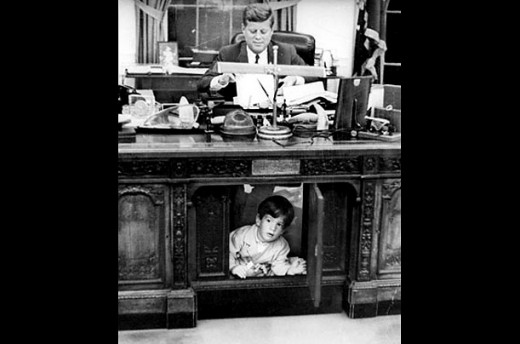
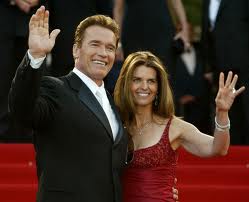
Then there's George
This brings me to the one public figure in broadcasting today with whom I do have a problem. The former communications director for a president of the United States now regularly sits in a news anchor's chair for ABC just as “the most trusted man in America” once sat in for CBS. (It is worth noting neither he nor his network gave Walter Cronkite that title – the American public did.)
George Stephanopoulos serves as anchor of ABC's "Good Morning America" and anchor of "This Week with George Stephanopoulos." George's last job before this one was with the Clinton administration as the senior adviser to the president for policy and strategy. He is the author of "All Too Human," a New York Times bestseller on President Clinton's first term and the 1992 and 1996 Clinton/Gore campaigns. These books were not written as an objective journalist but as an insider – a member of the campaigns and White House staff.
George received his master's degree in theology from Oxford University, England, where he studied as a Rhodes Scholar. He holds a bachelor of arts degree from Columbia University graduating summa cum laude in political science. These credentials qualify him to enter any field he might choose. Credentials are not the problem. Objectivity is. If Maria Shriver’s objectivity cover was blown after becoming a governor’s wife, how is George’s not blown by his political career before becoming, not a commentator, not a guest host, but a journalist?
George became a political celebrity in not just any role. He earned his notoriety as an expert spin doctor for Bill Clinton's 1992 presidential campaign. Any doubts about the role he played in the run for the presidency can be erased by watching the documentary The War Room. This film is self-described as "a behind-the-scenes documentary about the Clinton for President campaign, focusing on the adventures of spin doctors James Carville and George Stephanopoulos." I will concede you do see Carville on television a lot. But you don't see him behind an anchor desk.
George served four years creating and communicating the White House position on issues such as affirmative action and the Supreme Court. According to the December 12, 1996, The New York Times, “Leaving the White House at the end of 1996, George Stephanopoulos joined ABC News as not just a liberal political analyst, but as someone who would soon begin to report the news as a supposedly unbiased reporter.”
Max Frankel, a former New York Times executive editor, (not a group known for conservative leanings) wrote in a 1997 column: “The overnight transformation of George Stephanopoulos from partisan pitchman to television journalist highlights a disturbing phenomenon: the progressive collapse of the walls that traditionally separated news from propaganda. Self-respecting news organizations used to pride themselves on the sturdy barriers they maintained to guard against all kinds of partisan contamination. Stephanopoulos's case shows how no one even bothers any longer to decontaminate a convert by stretching out his passage from politics to reporting over a cleansing period of time.”
In little more than a dozen years George has gone from liberal pundit to political analyst for Good Morning America, to chief Washington correspondent, to anchor of This Week on Sunday mornings (replacing the bona fide reporting team of Sam Donaldson and Cokie Roberts). He is also the co-host of Good Morning America. This last posting is probably where he should have started out and been limited too. Seats at the network morning shows have been filled by former Miss America’s and future talk show hosts. No journalism credentials required there. But putting him in the position of responsibility equivalent to the late Tim Russert, on a Sunday morning review the news program, is beneath even the most loosely defined standard of objectivity.
The journalism watchdog, the Media Research Center, wasted no time calling out ABC News on the selection of a former presidential policy-shaper to join their on-air news staff. “The corporate line has been that the onetime Clintonista has been scrubbed free of the liberal ideology that originally drew him to politics.”
Personally, I like George. He handles himself well. He tends away from asking leading questions, which is the plague of interviewers in today’s media, as far as I’m concerned. The bias he can’t help but have, he covers well. But the bias is not only there, it is well documented.
The point is not whether or not he is good at what he is doing. The point is, whether a person with his high profile track record as one of the most influential contractors of not only a sitting president’s campaign, but also his administration, should be allowed to be a guardian of the public’s trust under the most basic requirement of journalism: objectivity. I think not. I think there is much George can contribute to the public debate. But not as a journalist. His cover was blown long before his first day on the job.
You might be of the opinion that none of them are objective. Then let me ask you this question. Where are we headed if we tell them we don't even expect them to be?
Join us at HubPages by going to http://hubpages.com/_2nckpc2qm2tl7/user/new/

